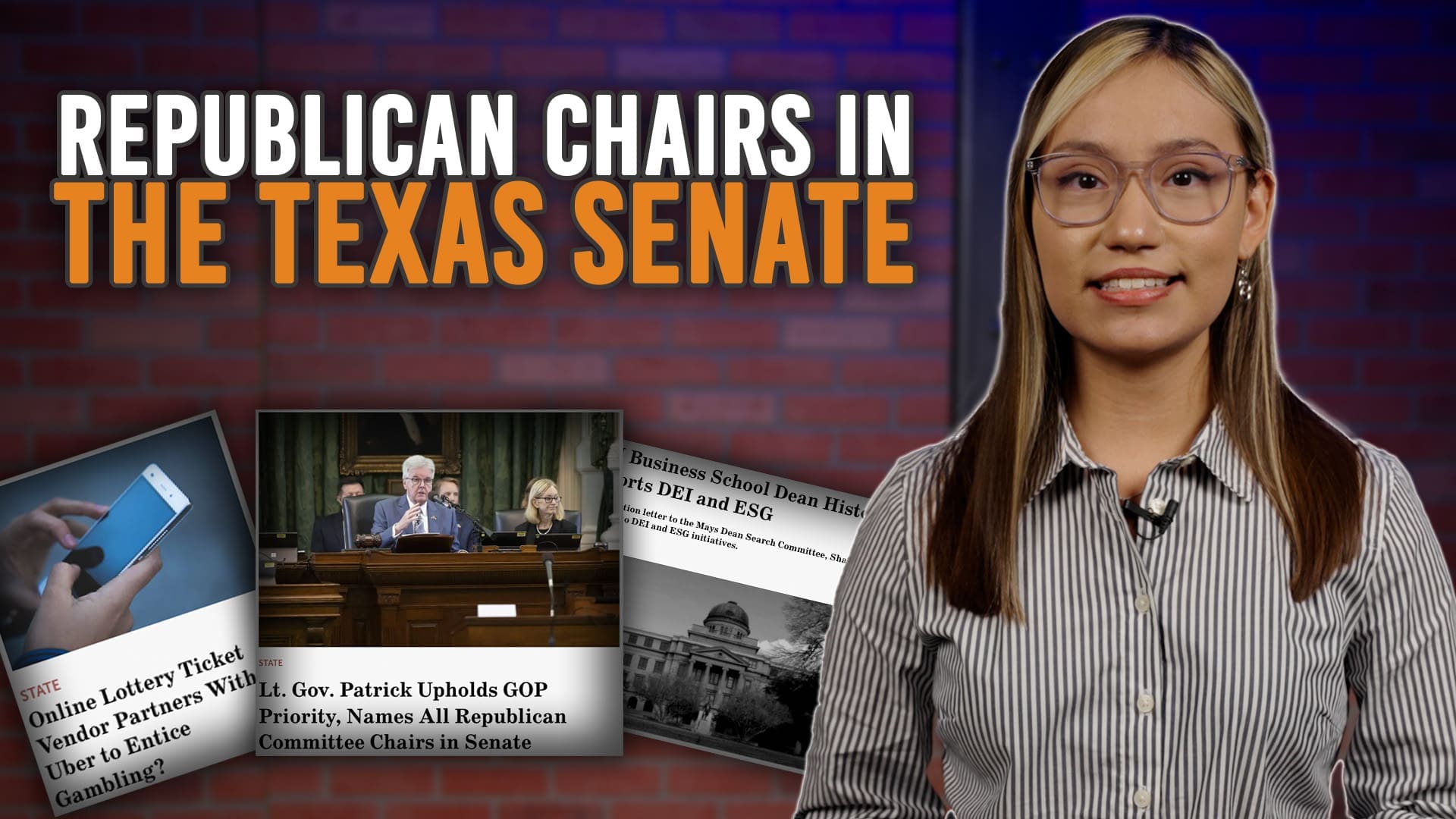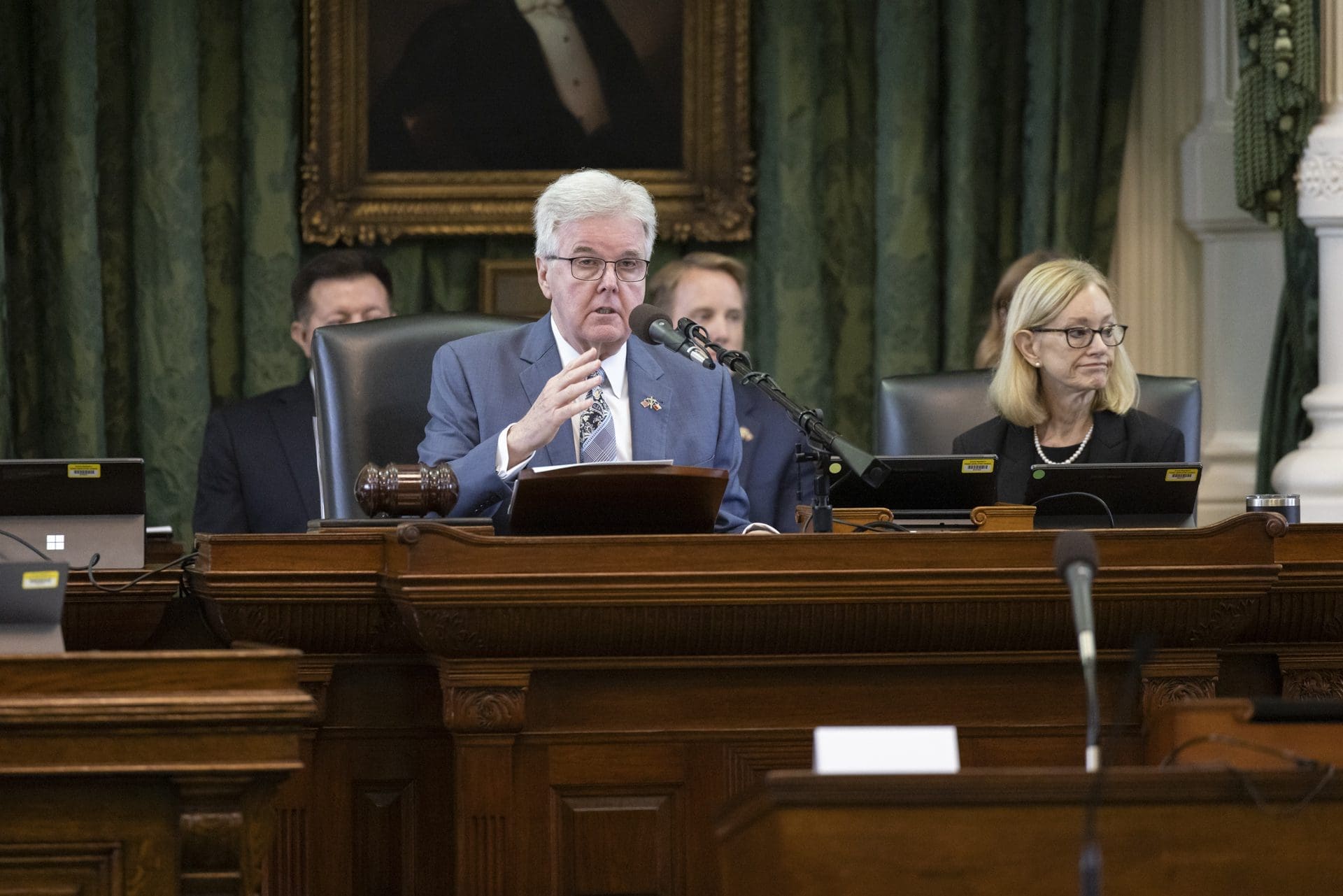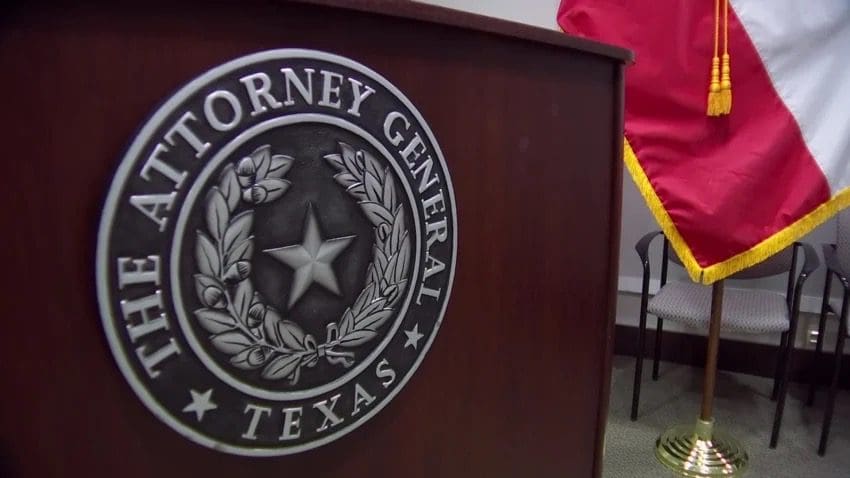Since June 24, 2022, when the Supreme Court of the United States’ decision in Dobbs v. Jackson overturned the court’s previous decisions in Roe v. Wade and Planned Parenthood v. Casey, abortion and the aiding and abetting of abortion has been declared illegal in the entire State of Texas – from the moment of conception. While this has caused Texas abortion facilities like Whole Woman’s Health to relocate their surgical and chemical abortion operations to other states, abortion assistance groups like the Lilith Fund for Reproductive Equity and the Texas Equal Access Fund are continuing to fund abortions on Texas residents.
Jonathan Covey, Director of Policy for Texas Values, shared, “We’ve outlawed abortion procedures and notched major victories for mothers and babies, but the fight for life is far from over in Texas. Abortion funds are providing cash assistance, material support, and guidance to help facilitate at-home chemical abortion pills for women as well as travel to other states for abortions.” Covey continued, “When it only costs $105 to buy death pills to kill your baby, and these funds are providing financial support even for that, it’s clear there is still work to be done.”
One effort which is seeking to address the abortion trafficking plaguing the State of Texas is the Sanctuary Cities for the Unborn Initiative – which is promoting a new wave of ordinances for cities and counties across the State of Texas.
The new wave of ordinances carry on the tradition of the previous ordinances by prohibiting the performing of an abortion and the aiding or abetting of an abortion of an unborn child, from the moment of conception, under local ordinance. Like many of the previous ordinances, the new ordinances prohibit abortion-inducing drugs, abortions performed on residents under their jurisdiction regardless of where those abortions take place, and abortion trafficking. While each proposed ordinance is different, written specifically for the city or county in focus, the ordinances have the same goal in mind – doing whatever is necessary to stop the baby-murdering abortion cartel in a post-Roe Texas.
Since the Dobbs decision, abortion providers have left Texas for states like New Mexico to commit abortions. Both Whole Woman’s Health (which was previously located in Fort Worth, McKinney, Austin, and McAllen) and Alamo Women’s Clinic (which was previously located in San Antonio) have found their new home in Albuquerque, New Mexico and both are seeing a steady stream of Texas residents traveling to their New Mexico facilities. “Their customer base hasn’t changed,” said Attorney Mike Seibel. “The abortion facilities which came from Texas are still performing abortions on Texas residents.” Seibel is an attorney based in Albuquerque, New Mexico who serves as General Counsel with Abortion On Trial – an organization which seeks to hold abortion providers accountable to existing laws and standards. Seibel, who has seen these facilities come into his city, hopes to see more cities in Texas pass ordinances which have a direct impact on the abortion industry in his backyard.
Seibel shared, “We need more Texas cities to be like Odessa. In the City of Odessa it is against the law to knowingly give money to an Odessa resident to pay for an abortion in another state – even if that state is New Mexico.” Seibel concluded, “Passing a Sanctuary City for the Unborn ordinance is one essential action that Texas cities can take to stop the influx of Texas women from aborting their babies in New Mexico.”

Georgia Fitzhugh, who serves as the Respect Life Leader at Saint Joseph’s Catholic Church in Waxahachie, is one of the voices leading the charge to see Ellis County become a Sanctuary County for the Unborn. Fitzhugh is also the Chapter Leader for the Ellis County Concerned Women for America, whose members have actively supported sanctuary for the unborn efforts in the county.
Fitzhugh shared, “While I am confident that the current leadership of Texas is pro-life, we should not be confident that our Texas leadership will be pro-life tomorrow. Since times are known to change, we need to make sure that we have protections in place at the local level that protect mothers and unborn children to the fullest extent possible.” Fitzhugh continued, “We cannot stick our heads in the sand while pro-abortion organizations are paying for abortions to be performed on residents of our county and our cities. The abortion trafficking must end! It should not be happening in our county, it should not be happening in our cities, and it should not be taking place by the use of our roads!”
On Monday, July 10, Mitchell County will be considering an ordinance which would prohibit abortion and declare Mitchell County a “Sanctuary County for the Unborn.” While many counties throughout the state have passed resolutions which are just statements, Mitchell County could become the first county in Texas to pass an actual law outlawing abortion.
In addition to prohibiting the performing of an abortion and the aiding or abetting of elective abortions within the unincorporated area of Mitchell County, the proposed Mitchell County ordinance also prohibits the performing of an abortions and the aiding or abetting of elective abortions on residents of the unincorporated area of Mitchell County “regardless of the location of the abortion, regardless of the law in the jurisdiction where the abortion occurred, and regardless of whether the person knew or should have known that the abortion was performed or induced on a resident of the unincorporated area of Mitchell County.” The proposed ordinance would also prohibit the manufacturing or distribution of abortion-inducing drugs and abortion trafficking in the unincorporated area of Mitchell County.
Two Mitchell County cities are already designated as Sanctuary Cities for the Unborn: Westbrook and Colorado City. The small town of Westbrook, which passed their ordinance in November 2019, was the first city to pass the ordinance in West Texas and the seventh city to pass the ordinance in the state. Colorado City, which passed their ordinance in January 2020, was the second city to pass the ordinance in West Texas and the ninth city to pass the ordinance in the state.
Mitchell County resident Matt Helm, who has been a supporter of the effort since 2019, is looking forward to Monday’s Commissioners Court meeting. Helm shared, “Having grown up here and having seen the statistics from multiple election cycles, I know that Mitchell County, like most of rural West Texas, is deeply conservative and pro-life. I am confident that not only do the vast majority of our neighbors and citizens staunchly support this initiative, but our good, grassroots County Commissioners and Judge do as well.” Helm continued, “I look forward to supporting them in spirit and in person to get this ordinance on the books.”

Throughout the month of July, the Sanctuary Cities for the Unborn Initiative is holding interest meetings throughout cities and counties in Texas whose residents have expressed interest in passing ordinances prohibiting abortion trafficking cartels from operating in areas under their jurisdiction. On Friday night a meeting was held in Colorado City representing Mitchell County and on Saturday morning a meeting was held in Waxahachie representing Ellis County.
Future interest meetings scheduled for the month of July include: Eastland County (July 11), Amarillo (July 13), Victoria (July 14), Bulverde / Spring Branch (July 15), Llano (July 16), Omaha (July 18), and Emory (July 20). An interest meeting will also take place in Bossier City, Louisiana (July 21). In addition to these gatherings promoting the passage of new ordinances, an educational meeting addressing misinformation regarding Abilene’s ordinance outlawing abortion will also be taking place in Abilene (July 9). Abilene’s ordinance was passed by their citizens last November.
Those who are interested in seeing their city or county pass a “sanctuary city for the unborn” ordinance are encouraged to sign the online petition on the Sanctuary Cities for the Unborn Initiative website.
This is a commentary published with the author’s permission. If you wish to submit a commentary to Texas Scorecard, please submit your article to submission@texasscorecard.com.





